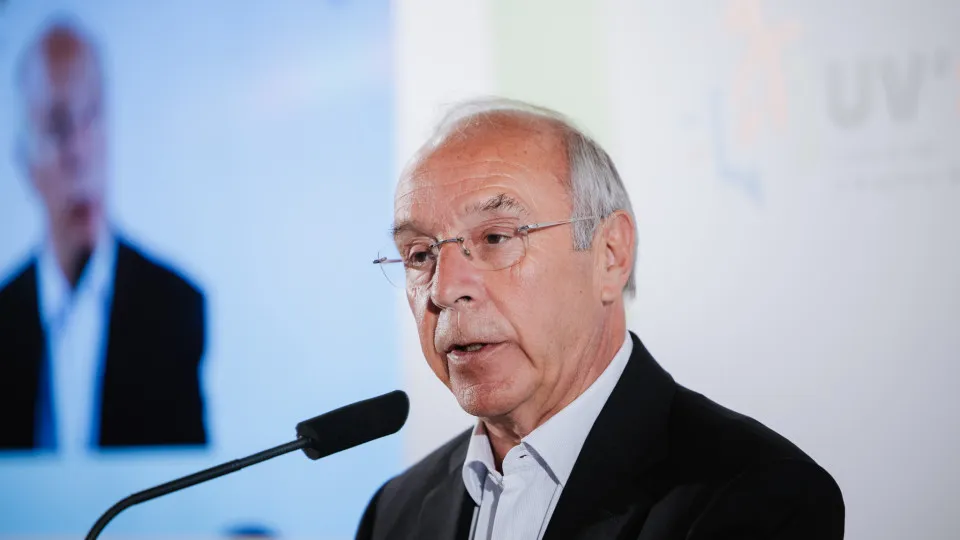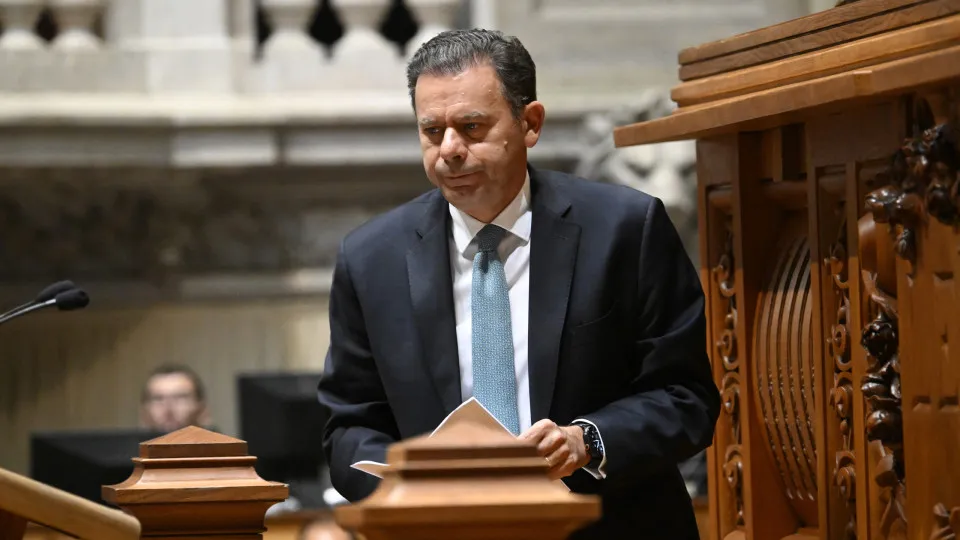
As Portugal advances with reforms in immigration laws, including the recent citizenship law and the establishment of the Foreigners and Borders Unit within the PSP, a new law concerning the return and removal of foreign nationals is needed to complete the legal framework for migration. António Rodrigues emphasized the necessity of this law to safeguard the nation against networks and abuses, coinciding with the second anniversary of the Agency for Integration, Migrations and Asylum (AIMA).
“Those not qualified to be in Portugal, those without documents, and those who entered improperly must be returned to their countries of origin, only possible with the return law we hope to have by the end of the year,” Rodrigues stated.
Over the past year and a half, the government’s policy has been stringent, proactive, and aimed at promptly addressing the needs of individuals, at least initially, by structuring administrative responses to ongoing demands.
As the demand persists, given Portugal’s need for immigrants, the infrastructure will continue to face pressure, Rodrigues noted, highlighting that human trafficking networks remain a visible concern.
“Networks continue to attempt operations, requiring vigilance. Several examples from coordinated authority actions show immigrants used and abused due to lack of integration,” he noted, describing it as akin to “modern slavery.”
The incident involving Moroccan citizens arriving by boat in the Algarve suggests ongoing testing of system resilience by these networks, necessitating new legal measures to facilitate expulsions.
Conversely, the government has invested in “temporary centers for immigrant stays” due to Portugal’s previously insufficient bed availability for its needs.
This is a “complex issue,” as immigration poses challenges to developed societies facing growing pressures.
Political changes across European countries exemplify this trend.
“What is happening in northern Europe? The region is altering its immigrant reception perspective because many, even in second generations, have adapted to living off social assistance and do not contribute to their host countries’ integration or development,” he explained.
Approved legislations counter the appeal effect for immigrants, regulate entry, extend nationality access timelines, and establish a sector-specific police force, yet the issue of irregular residents in Portugal remains unresolved.
With the new legislation promised by year-end, there will be means to address those entering irregularly and repatriate them, Rodrigues assured, while emphasizing that Portugal will nonetheless remain a host nation.
“We will continue to welcome individuals from other countries to work here when they meet Portugal’s needs,” he stated, citing changes to immigrant family reunification (requiring a minimum three-year residency).
Despite multiple interview requests by Agência Lusa to government and institution officials for the AIMA’s second anniversary, no responses have been received thus far.




